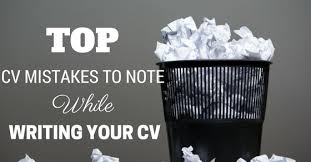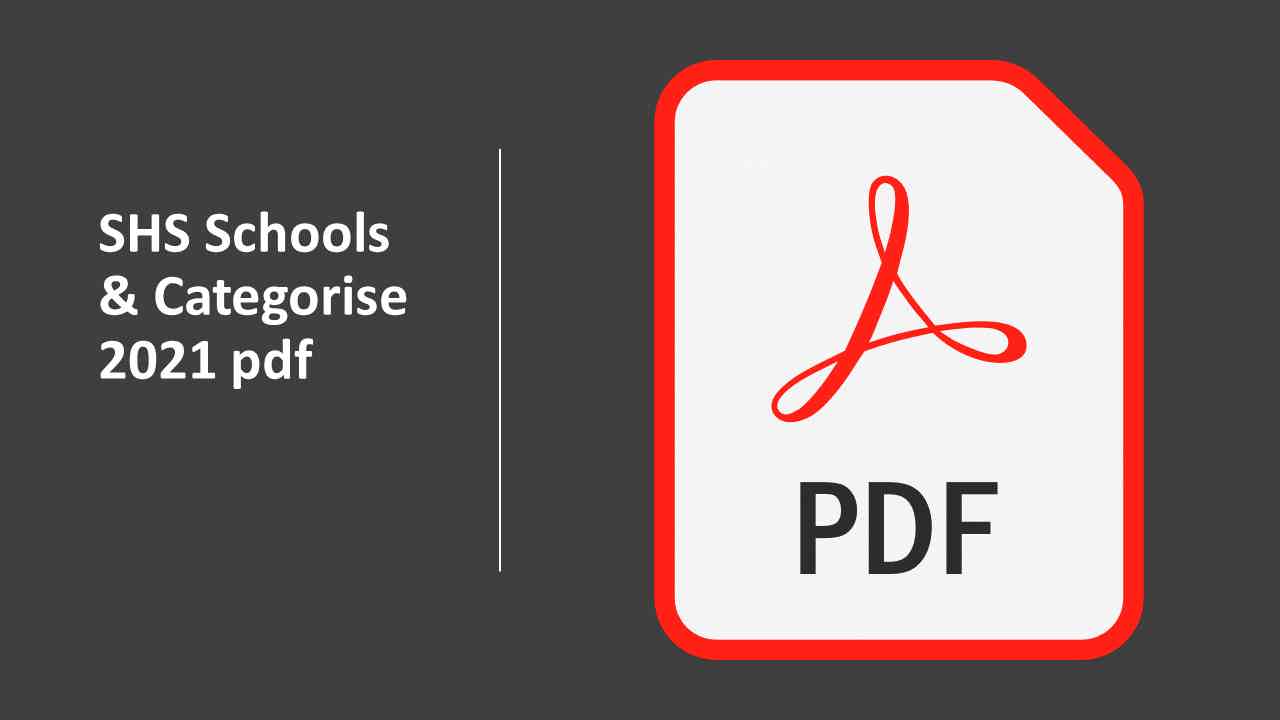You'll face tough competition for your dream graduate job. To increase your chances of success steer clear of the seven most common CV mistakes
Crafting the perfect job application takes time, and after putting in the hard work it's disheartening to think that your CV could be rejected at the first hurdle thanks to an easily avoidable error.
1. Poor formatting
CVs that aren't clear and easy to read are a huge turn-off for employers. On average employers spend around eight seconds reviewing each CV - leaving you little time to make a good first impression.
It's therefore important to keep your CV concise so that it can be absorbed quickly. The template that you choose to follow when composing your CV should be striking yet uncluttered. Avoid confusing layouts, and beware of using different fonts and sizes.
'Use a reasonable sized font (nothing smaller than a 10), normal sized margins, make sure there's a good amount of white space, and if you can use bullet points instead of paragraphs and full sentences, do,' advises Cassie Leung, resourcing advisor at Penguin Random House UK.
Before printing or submitting your CV, save it and spend some time away from it. Peter Fox, careers adviser at Durham University, suggests going back to it for a second time to scrutinise how everything looks on your computer screen. 'Cluttered, disorganised and messy are three characteristics that your CV shouldn't possess,' he adds.
2. Failing to tailor your application
When it comes to CVs, one size doesn't fit all. Everything that you include must be completely tailored to the company and role that you're applying for. This will make it easy for recruiters to see that you're the perfect candidate.
Peter claims that recruiters can immediately sense whether you've sufficiently assessed the job requirements. Evaluating which of your skills match the job specification most effectively will give you the best chance of success.
'Don't be afraid to remove irrelevant experiences,' Peter adds. 'Even if you're applying for similar roles with different organisations, check their specific requirements and tweak accordingly.'
Cassie agrees. 'A CV is a marketing tool for you. It's the highlight reel, with all the most relevant things for each particular job you're applying for. You might have a master CV with everything on, but you should tailor what you send for each application, especially if you're applying for a variety of jobs in different sectors.'
3. Spelling errors
There are no excuses for spelling mistakes - even if English isn't your first language. An error-free CV is vital in showcasing your precision and attention to detail, so check everything - even your contact details. Spellcheck and proofread your CV yourself before asking others to cast their critical eye over the document.
Minimise the risk of making mistakes by taking your time - never leave writing your CV to the last minute. Rushed examples are easily spotted and quickly dismissed. 'Careless errors are rarely tolerated,' explains Peter. 'Avoid needless rejection by slowly and meticulously checking.'
'Even for jobs that don't involve writing, you want to make the best impression. A great way to see if there's a spelling or grammatical mistake is to temporarily change the font, size and colour - it can trick your brain into thinking it's a new piece of writing,' adds Cassie.
4. Lying
When you're trying to get a foot in the door and impress potential employers it's tempting to be economical with the truth, because who's going to check, right?
Wrong. The facts on your CV are easy to corroborate so never assume that recruiters won't make enquiries to do so.
Giving your university grade a boost, claiming to have attended university when you haven't, lying about your current job title or embellishing a period of work experience won't do you any favours in the long run. At best, your lies will be obvious and your CV will be rejected out of hand. At worst, you may be invited for an interview where you'll either trip yourself up or be asked questions that you're unable to answer. What could possibly be worse than embarrassing yourself at an interview? How about going to prison? Lying on your CV is a criminal offence.
Instead of using your time and energy to concoct half-truths and complete fabrications, use it instead to really sell the qualifications, skills and experience you do have.
5. Lack of evidence
It's easy to make generic, empty statements on your CV when you're trying to meet a tight application deadline. However, failing to effectively evidence your skills, achievements and experiences can be a big mistake.
Peter believes that you should quantify your successes whenever possible - but never at the expense of the CV's readability. 'Recruiters will be assessing not just what you've done, but also your written communication skills,' he explains. 'Writing concisely but meaningfully is crucial, as this is a central element of many graduate jobs.'
Cassie points out that you shouldn't just focus on the things you did, but also on the things you achieved. 'At entry-level, chances are a lot of your previous experience was temporary, voluntary or part-time, with duties that might include 'sweeping the floor' or 'filing and data entry'. You want to point out ways that you took those duties and went above and beyond to make a difference. For example, the above might be 'shortened average closing time with efficient clean up' or 'kept office running smoothly with quick data entry'.
6. Not explaining 'why'
It isn’t enough to just state your credentials; you need to prove them by justifying why you've chosen to undertake certain activities in terms of your personal and professional development. You should then elaborate even further on the resulting skills you've gained.
For example, discussing your extra-curricular activities is very important - providing you pay particular attention to any positions of responsibility you've held and outline what you've taken from the experience.
As a rule, average CVs give you the 'what' - for example, the degrees or jobs that person has held. Great CVs also give the 'whys' - for example, why that person has chosen that degree or society.
7. Ignoring gaps in your work history
Gaps in employment history are fairly common and rarely a problem as long as they're explained.
You don't need to worry about gaps of a couple of weeks but if you've been out of work for months (or even years) you need to clearly and concisely explain why. Any unexplained absences of this length will be looked upon with suspicion by potential employers and will give the impression that you've been idle during this time.
Don't be afraid to let recruiters know that you took some time out to volunteer, look after a sick relative or travel the world. There's also no shame in informing employers of a period spent away from work due to an illness, medical condition or redundancy.








